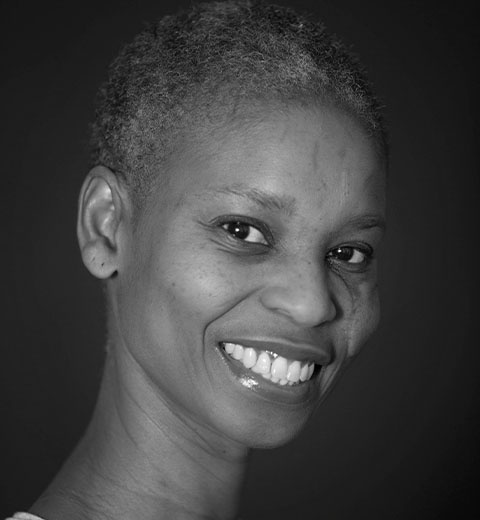Interview with Caroline Hunter, picture editor of The Guardian Weekend magazine
There are still a few months left until September, but the preparations for the 40 year LOBA jubilee are already in full swing. The selection process this year is new: around 70 experts from around the world have been invited to submit their proposals. The diversity of these nominators will no doubt ensure that the pictures series submitted will cover a broad range. As part of our series interviewing individual nominators, we would like today to introduce Caroline Hunter, picture editor of The Guardian Weekend magazine.
From your point of view, what characterizes LOBA the most?
The Leica Oskar Barnack award is very well regarded. The range of subject matter, aesthetics and execution of the winning images feels unique to LOBA. There’s always an emphasis on interesting storytelling, and Leica as a brand is synonymous with quality and style, with a well earned place in photographic history. It attracts photographers who are at different stages in their careers – from emerging to established – and with a range of styles – from photo-journalism to conceptual. The quality is consistently high and the winning images don’t feel formulaic. All photographic awards are good ways for practitioners to gain access to much needed funding and to gain some exposure; and the LOBA excels at this.
How did you select your nominations?
During selection, I wanted to ensure that I had a good mix of high quality work that was relevant to contemporary issues. It was important that the photographers chosen had created multi-faceted bodies of work that felt substantial and considered. I wanted to nominate work where I could see real commitment and flair. I see so many stories that feel as if they are just at their starting point, which can feel superficial. It was also important to me that the work convey emotion.
What efforts are necessary to achieve the greatest possible diversity among the nominees?
I think the word diversity is complex. Naturally it’s important to be inclusive, but it’s also important that diversity doesn’t feel like a passing trend. Photographers of colour and from non-Western nations need to be made aware of LOBA and they need to feel that stories subjective to their culture will be as valued as mainstream ones. There are increasingly different ways of interpreting reality, depending on the experience of the artist. We also need to consider new and unfamiliar ways of storytelling.
“LOBA always has an emphasis on interesting storytelling, and Leica as a brand is synonymous with quality and style, with a well earned place in photographic history.”
Is the pre-selection by international experts an advantage then?
Industry professionals see a lot of interesting, stimulating work – some of which rarely gets seen by a wider audience. There are so many committed artists working away on projects, and they are motivated by their need to tell stories and draw attention to subjects that many of us would rather not engage with. I think a pre-selection allows photographers to directly engage with nominators, as well as allowing nominators to reflect on and reconsider work that they’ve seen throughout the year.
What would you advise young photographers to do in order to become visible, so they can receive support?
I think it’s important for young photographers to be as visible as possible. It goes without saying that social media is now important in terms of getting your work seen by a wider audience, but a website that shows a comprehensive portfolio of work is still important. In today’s world, young artists have so much technology at their disposal. They can build websites and blogs, create social media profiles, and work with multimedia for very little cost. Photographers no longer have to wait to be discovered. Of course, commissioned work is not always easy to get, so they have to be committed, resilient and keep producing work that feels fresh and unique to them – and stay curious.
In your opinion, does the current photography market offer enough opportunities?
Well, as we communicate while working remotely from home, the UK is currently in lockdown. The world has been transformed by the coronavirus and the global economy will take a long time to recover. Most photographers work outside the home, and within close proximity to other people, so they have been particularly hard hit. I’m hoping that as we recover from this challenging moment in history, images of isolation and social distancing will become important and valued social documents. This is an unprecedented time, and it will be interesting to see how it will be remembered and judged. Photographs will help to form our collective memories as well as hopefully ease our anxieties.
What wishes and hopes do you have for the photography of the future?
I hope that photography continues to engage, enrage and empower.
Thank you very much for your time.

Caroline Hunter
Caroline Hunter is picture editor for The Guardian Weekend magazine, the supplement to the Guardian newspaper. She has been a picture editor for over twenty years. She studied Fashion Journalism at the London College of Fashion, followed by a BA (Hons) degree in English Literature at Birkbeck, University of London. In the past years she has been a jury member of various leading international photography competitions. She also teaches a regular masterclass for Leica Akademie Italy, on pitching photography proposals and ideas to publications.
Portrait: © Mark Chilvers